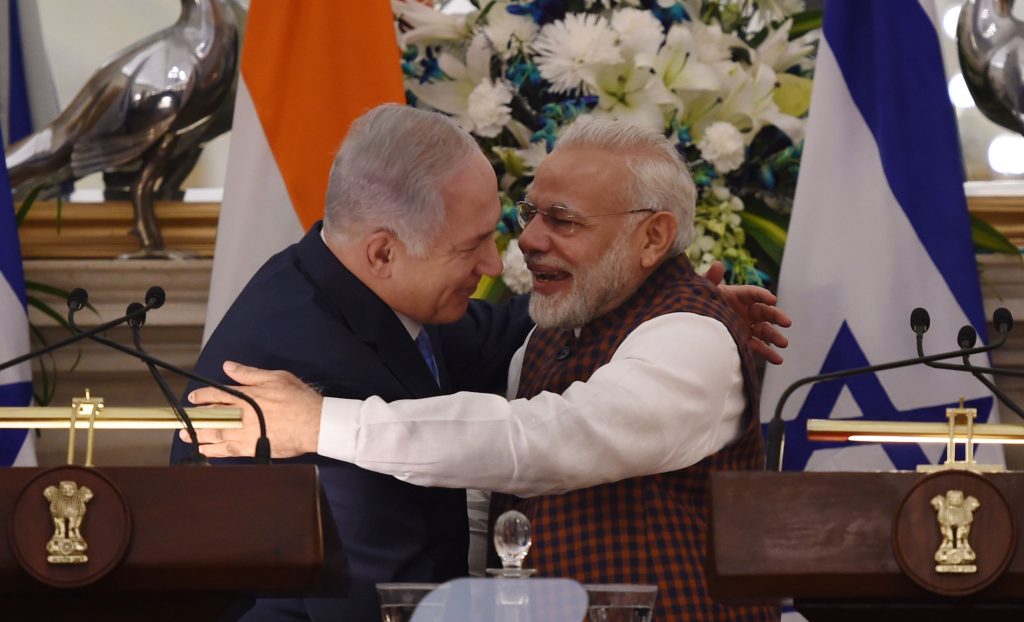India is steadily aligning its military strategy with the Israeli defence model, raising concerns over regional stability in South Asia. Inspired by Israel’s approach towards Iran, India has begun implementing similar tactics through its growing defence partnership with Tel Aviv, including intelligence collaboration between Mossad and RAW.
Following the 2019 Pulwama attack, India adopted a pre-emptive strike doctrine influenced by Israeli strategies. The Balakot air strike and more recently, “Operation Sandhoor” in 2025, are manifestations of this aggressive policy. Security analysts believe India may continue this trend, using Israeli support to pursue its political agenda against Pakistan.
Pakistan has expressed serious concerns over India’s procurement of advanced defence technologies from Israel, including AWACS and long-range missile systems. The Indian policy of pre-emptive strikes and its imitation of the Israeli military model pose a direct threat to regional peace, especially in South Asia.
Between 2015 and 2025, India-Israel defence cooperation witnessed significant growth. The two countries signed multi-billion-dollar defence deals, focusing on the acquisition of modern weapons, joint production, and technology transfer. Their partnership aims to enhance military capabilities and serve mutual strategic goals.
India collaborated with Israel on several key projects, including the long-range Barak-8 air defence system, Spyder air defence, Spike anti-tank missiles, Heron UAVs, and Harop kamikaze drones. India also benefited from Israeli expertise in aerial warfare by acquiring Phalcon AWACS equipped with EL/W-2090 radar to counter airborne threats effectively.
Indian defence companies like HAL, Bharat Forge, Tata, and the Adani Group partnered with Israeli firms to jointly manufacture drones, artillery, precision-guided munitions, and electronic warfare systems. These collaborations have significantly boosted India’s defence self-reliance.
In the missile and air defence domain, India integrated both Israeli Barak-8 and Russian S-400 systems on land and naval platforms. Weapons like Derby, Python missiles, and Spice bombs acquired from Israel have already been deployed along the Line of Control. India’s drone fleet now includes advanced Israeli drones such as Heron, Searcher Mk-II, and Harop.
India’s defence diversification extends beyond Israel. It has acquired Rafale fighter jets from France, S-400 missile systems from Russia, and MQ-9B drones and missile systems from the United States. This multi-source strategy is equipping Indian forces with a wide array of cutting-edge weaponry.
India has also incorporated advanced Israeli technologies in cyber warfare, drone strikes, and facial recognition systems into its defence framework. In response, Pakistan is accelerating its own preparations, focusing on enhancing cyber command and upgrading drone technologies.
These developments are gradually shifting the balance of power in South Asia. Future conflicts may not follow traditional warfare models but may involve silent drone attacks and tech-driven assaults. While Pakistan remains committed to peace, it is equally determined to deliver a strong, coordinated, and decisive response to any form of aggression.

